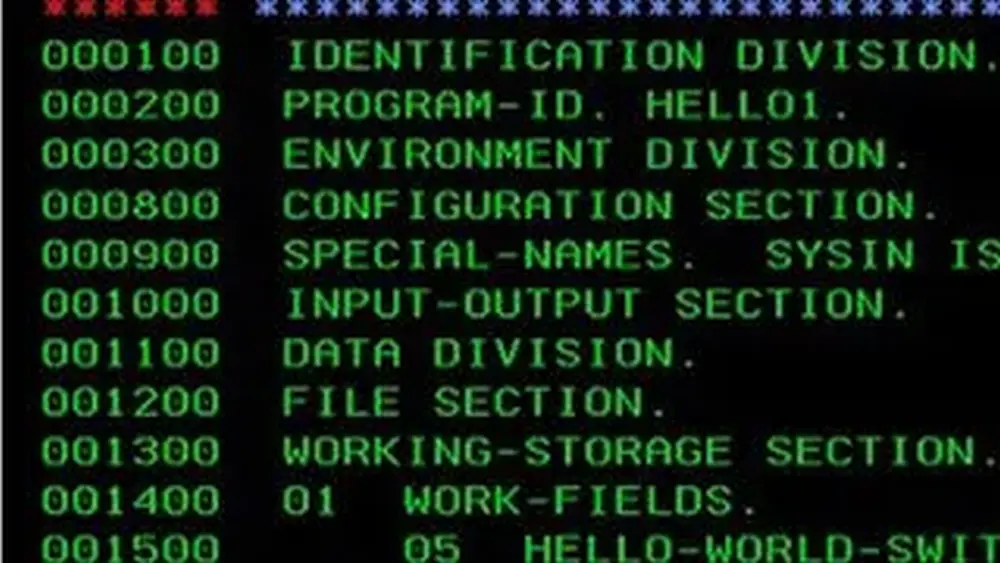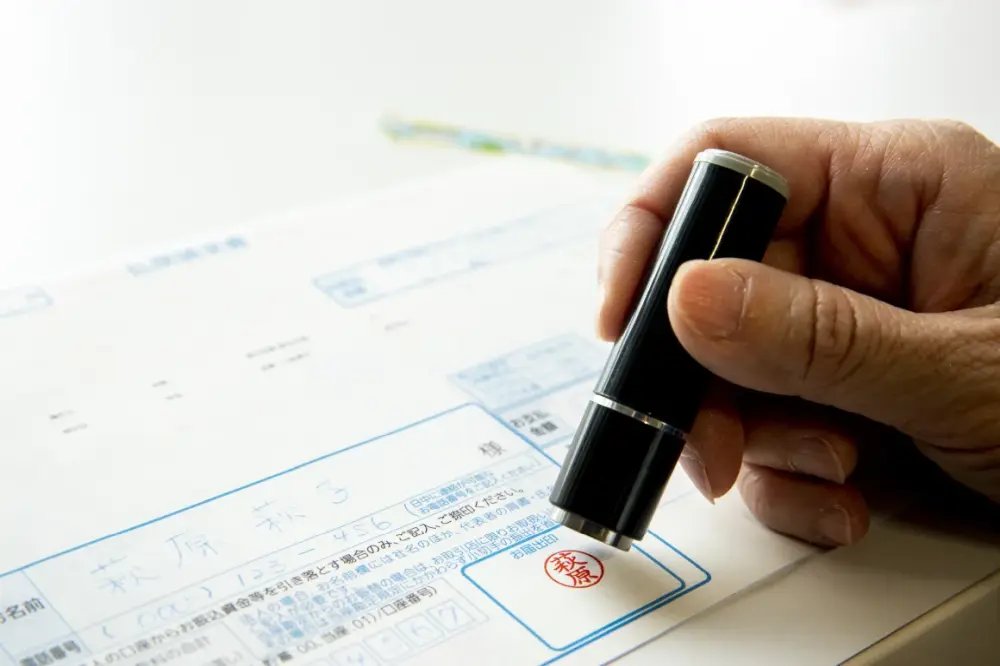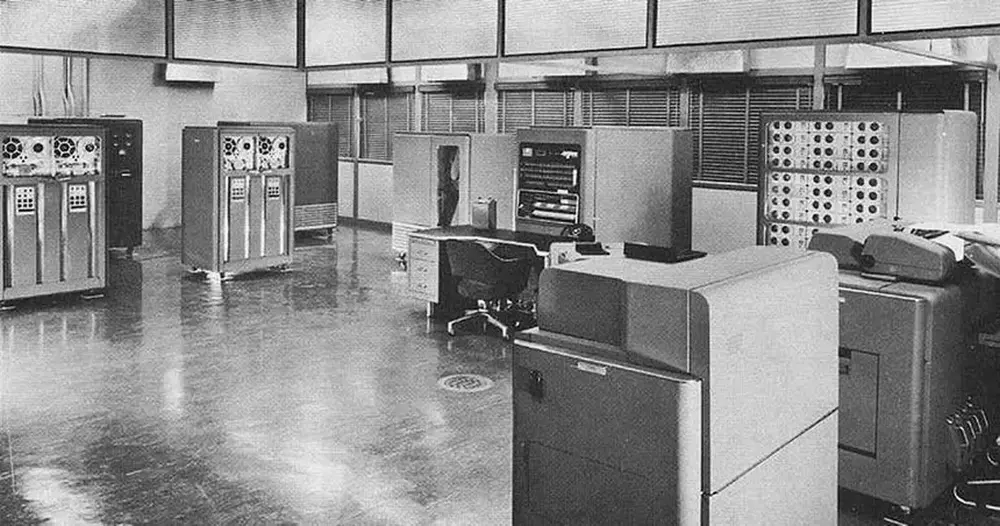In an age obsessed with innovation, it’s striking how much of the modern world depends on technology built decades ago. Banks, insurance companies, and even government offices still rely on COBOL programs from the 1970s and 1980s to handle trillions of dollars in transactions. These systems, built for stability rather than speed, have proven so reliable that replacing them feels riskier than keeping them alive. Instead of rewriting everything from scratch, many institutions choose to wrap these old systems with new digital interfaces, creating a glossy front end while the old code quietly hums in the background.

Japan offers another telling example of this global pattern. Despite its reputation as a high-tech powerhouse, the country has long clung to fax machines and hanko seals for official documents. The government’s Digital Agency, formed in 2021, has made progress—eliminating floppy disks by mid-2024—but efforts to retire fax machines from schools and public offices have moved at a much slower pace. Cultural trust in physical paperwork, legal frameworks that still favor analog processes, and the sheer inertia of entrenched systems all work against rapid change.

The parallels are clear: whether in Tokyo’s municipal offices or a European bank’s mainframe room, the barrier to modernization isn’t just technological—it’s human. Legacy systems often exist at the intersection of habit, law, and risk management. Replacing them means navigating not only technical complexity but also layers of regulation, deeply ingrained work cultures, and the fear of disruption. And as the people who understand these systems retire, finding expertise to keep them running becomes more urgent.

The irony is that the world’s financial flows, public services, and even everyday bureaucratic tasks often depend on infrastructure that predates the personal computer. Shiny apps and AI-powered services might define the present, but they still lean on the quiet reliability of code and machines from another era. Whether it’s a COBOL transaction system in New York or a fax machine in a Tokyo ward office, outdated technology remains one of the most enduring—and invisible—pillars of modern life.

#LegacySystems #COBOL #JapanTech #DigitalTransformation #BankingTechnology #OldTech
